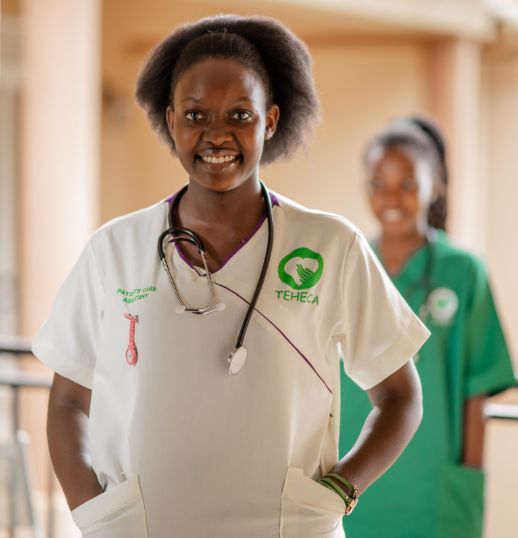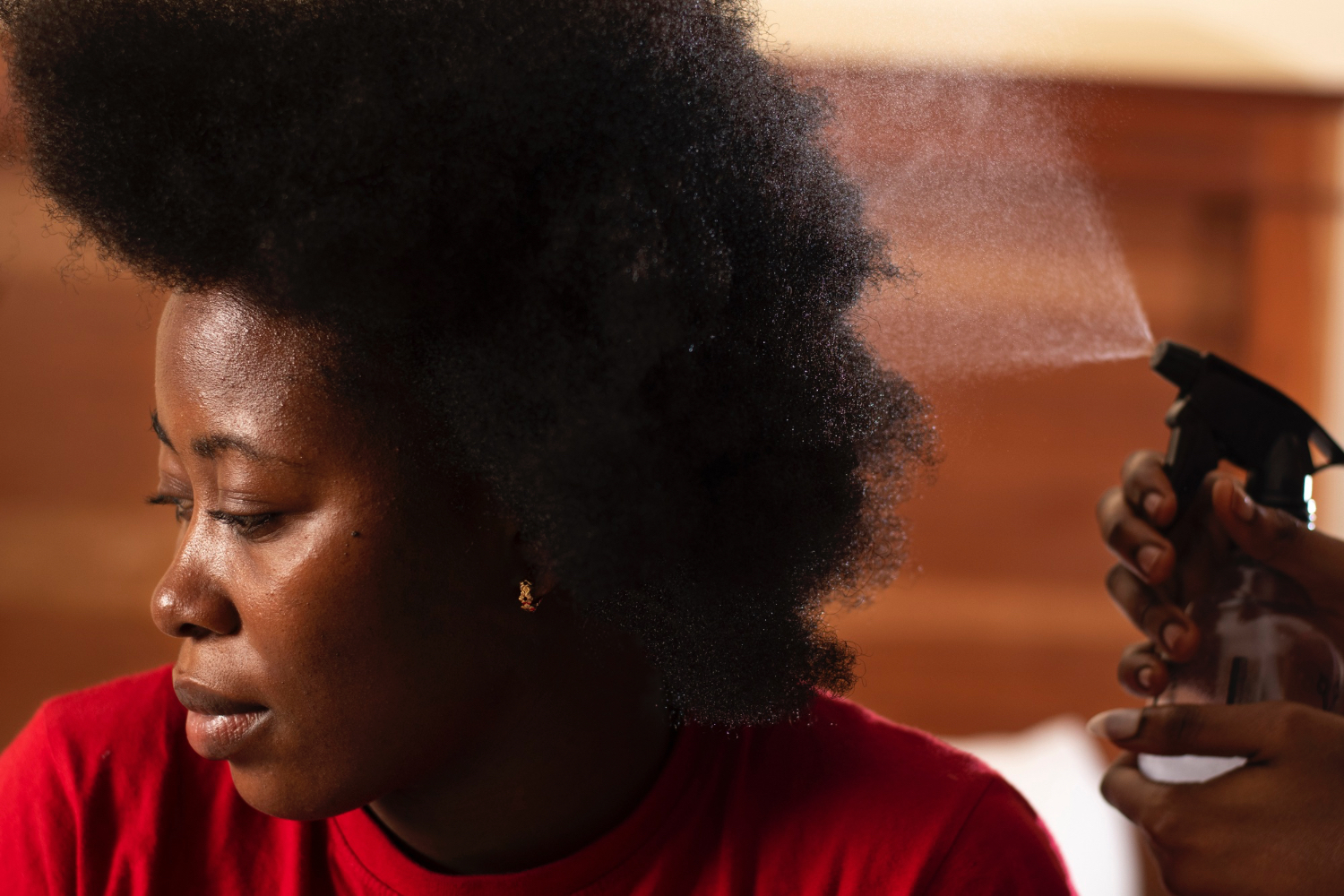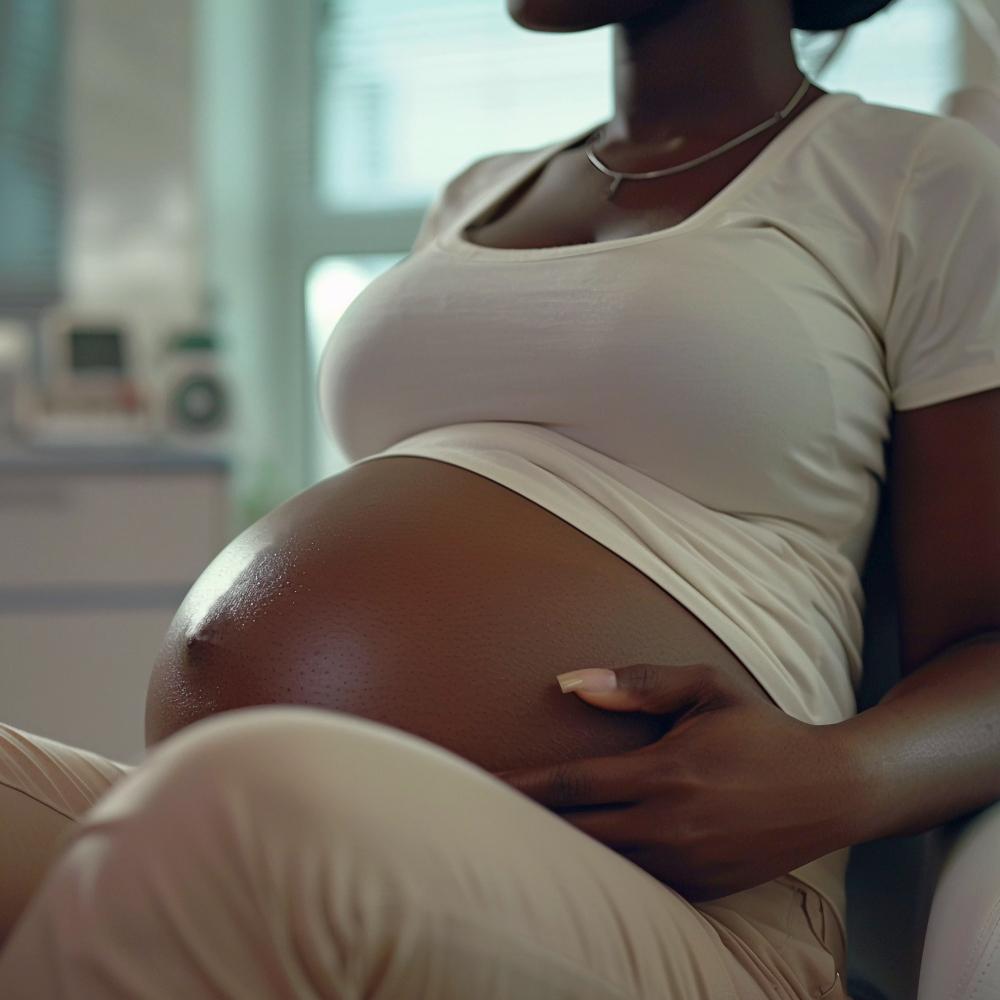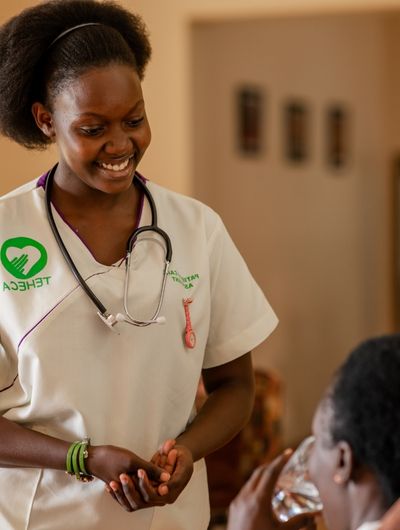Postpartum hair loss is the excessive shedding of hair a few months after you give birth. It’s caused by hormone changes that occur during and after pregnancy.
Postpartum hair loss is a common condition that occurs about three months after childbirth and can last up to six months. It’s a normal part of pregnancy and is only temporary. For most people, your hair will grow back to its original fullness. ~ my.clevelandclinic.org
So how can you keep the hair loss under control? Following these 6 simple tips will ensure you keep that hair loss in control
Pregnancy hormones cause many hairs in the growing phase (anagen) to suddenly enter the resting phase (telogen). A few months later, you lose that hair. You typically have 80,000 to 120,000 hairs on your scalp and shed up to 100 hairs per day. In postpartum hair loss, you lose more than 100 hairs daily
RELATED: SELF-CARE AFTER CHILDBIRTH
Eat Healthy
Consuming a nutritious diet is essential for maintaining healthy hair. Some good foods for promoting hair health include strawberries, apples, rajma, prunes, and other antioxidant-rich foods. These antioxidants help strengthen the roots and support overall hair health.
Keep Your Scalp And Hair Clean
It’s important to wash your scalp with a gentle anti-hair loss shampoo to maintain a clean and healthy scalp. Additionally, conditioning your hair is vital to prevent breakage. If you are short on time, consider using a leave-in conditioner to keep your hair nourished and well-moisturized.

Avoid Pulling And Tying Hair
Refrain from keeping your hair tied up tightly, as this can strain your scalp and hair, leading to hair fall. It’s important to avoid hairstyles that put excessive strain on the hair shaft and scalp, as this can contribute to hair breakage and loss.
Vitamin Supplements
If you have recently given birth, your body may require additional vitamin supplements to aid in recovery and to support healthy hair growth.
Make sure to regularly take essential vitamins such as Vitamin B and C to promote fuller and healthier hair.
Consuming a variety of foods rich in vitamins B and C can help promote hair health and growth. Some natural sources of Vitamin B include whole grains, nuts, seeds, and leafy green vegetables. Meanwhile, Vitamin C can be found in fruits like oranges, strawberries, and kiwi, as well as in vegetables such as bell peppers and broccoli. Incorporating these nutrient-rich foods into your diet can support fuller and healthier hair.
Chemical Treatments
Avoid excessive use of chemical treatments such as coloring, straightening, and perming, as these can contribute to hair damage and loss. These treatments often require high maintenance and can weaken the hair, so it’s best to minimize their use, especially during periods of hair loss.
Get A Great Short Haircut
Consider getting a shorter haircut if you are experiencing a significant amount of hair loss. Keeping your hair short can create the illusion of fuller hair can help maintain a positive outlook during the transition period and can keep your hair loss under control. After a couple of months with our new baby girl, my wife who had a full head of natural dredlocks got a 360 change in hairstyle to a simple French cut, this was partly because the baby also enjoyed pulling the hair
Incorporating these post-partum hair loss solutions into your routine can make a significant difference in managing this temporary phase. Remember, self-care and patience are key during this time. Share these tips with other new mothers who may be experiencing post-partum hair loss to offer support and guidance. Together, we can empower each other through this journey and embrace the beauty of motherhood.






Leave a Reply